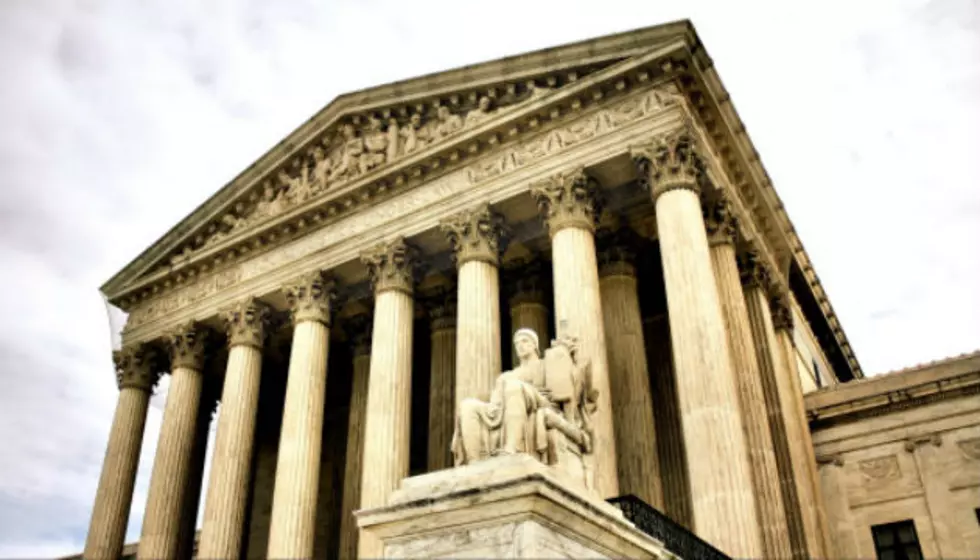
Supreme Court Decisions
A group of Supreme Court decisions were announced today. Among the most significant...
RELIGIOUS LIBERTY AND CONTRACEPTION UNDER THE A-C-A
The Supreme Court says corporations can hold religious objections that allow them to opt out of the new health law requirement that they cover contraceptives for women.
The justices' 5-4 decision Monday is the first time that the high court has ruled that profit-seeking businesses can hold religious views under federal law. And it means the Obama administration must search for a different way of providing free contraception to women who are covered under objecting companies' health insurance plans.
Contraception is among a range of preventive services that must be provided at no extra charge under the health care law that President Barack Obama signed in 2010 and the Supreme Court upheld two years later.
SUPREME-COURT-GAY-THERAPY-BAN
The Supreme Court has rejected a challenge to California's law that bars mental counseling aimed at turning gay minors straight.
The justices on Monday let stand an appeals court ruling that said the state's ban on so-called conversion therapy for minors doesn't violate the free speech rights of licensed counselors and patients seeking treatment.
The 9th U.S. Circuit Court of Appeals ruled last year that California lawmakers properly showed that efforts to change sexual orientation were outside the scientific mainstream and have been rejected for good reason.
Liberty Counsel, a Christian legal aid group, had challenged the law along with other supporters of the therapy. They argue that lawmakers have no scientific proof the therapy does harm.
SUPREME COURT-UNION FEES
The Supreme Court has dealt a blow to public sector unions -- ruling that thousands of home health care workers in Illinois can't be required to pay fees that help cover the union's cost of collective bargaining.
It was a 5-to-4 ruling, split along ideological lines.
The justices said requiring those workers to pay the fees violates the First Amendment rights of non-members who disagree with the positions that unions take.
It's a setback for labor unions that have increased their ranks -- and boosted their bank accounts -- in Illinois and other states by signing up hundreds of thousands of in-home care workers. The ruling could cause members to leave those unions -- feeling they have little incentive to pay dues if non-members don't have to share the burden of union costs.
But the ruling was limited to this particular segment of workers, and not private sector unions. And it stopped short of overturning decades of practice that generally has allowed public sector unions to pass their representation costs on to non-members.
More From K2 Radio









